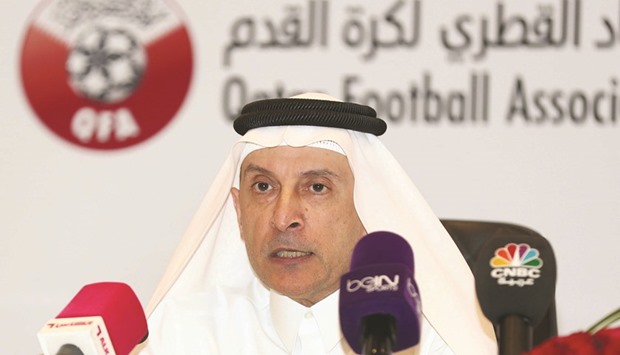Qatar Airways said it’s seeking to renegotiate a $7.8bn order for Airbus Group narrow-body jets and could switch to bigger planes powered by alternative engines as part of a revised agreement.
The Gulf carrier wants to keep the deal for 80 A320neos after refusing to take the first four aircraft because of glitches with their Pratt & Whitney turbines, chief executive officer Akbar al-Baker said in an interview. It aims to upgrade to the stretched A321neo variant as part of those deliberations, he added.
Qatar Airways is holding parallel discussions about moving to powerplants supplied by the CFM International alliance of General Electric Co and Safran in response to the engine performance issue, al-Baker said yesterday in Doha. Deliveries would start from 2018 if an agreement is concluded.
“We are in negotiation with Airbus about how we can continue our relationship and keep our order on track,” the CEO said. “We are also talking to them in order to have a substitute for the aircraft that we have cancelled. And we are also talking to CFM to provide us the engine option for that aircraft.”
Al-Baker didn’t outline the extent of Qatar Airways’ plan to move to the CFM Leap-X engine. A wholesale switch from Pratt’s geared turbofan model would come as a blow to the United Technologies Corp unit as it seeks to reassure customers that the programme is back on schedule.
While a cooling problem with the powerplant caused Qatar Airways to refuse its deliveries, further issues have since contributed to delays, with other operators scaling back fleet plans and seeking compensation.
Al-Baker said that Italy’s Meridiana Fly, in which Qatar Airways is buying a 49% stake, will build up a fleet of almost 50 new aircraft over the next five years, including Boeing Co 737 Max narrow-bodies.
That suggests that a significant proportion of the 60 Max 8s ordered by Qatar Airways are destined for Meridiana, and that only a limited number will go to the Gulf airline itself. The Boeing deal, announced in October, was initially viewed as potentially fatal to the Airbus order.
Meridiana also has a requirement for an unspecified number of wide-body planes, which could be sourced from Boeing or Airbus, or even both, al-Baker said. He declined to say how many aircraft might be needed.

Al-Baker holds a press conference in Doha yesterday. Qatar Airways is seeking to renegotiate an order for Airbus narrow-body jets worth $7.8bn and could switch to bigger planes powered by alternative engines as part of a revised agreement, he said.
